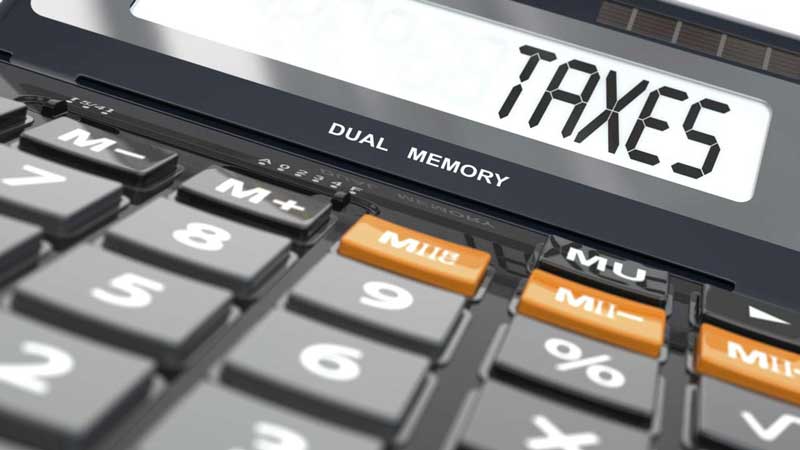×
The Standard e-Paper
Fearless, Trusted News

How many of us know the basis of Uganda’s recently adopted social media tax? Do we know that Senegal lost $ 8.9 million in Quebec company SNC LAVALIN’s tax evasion to Mauritius? Are we aware that taxes fund most of the education budget especially in terms of public teachers’ salaries? Do we all pay taxes and know why we do?